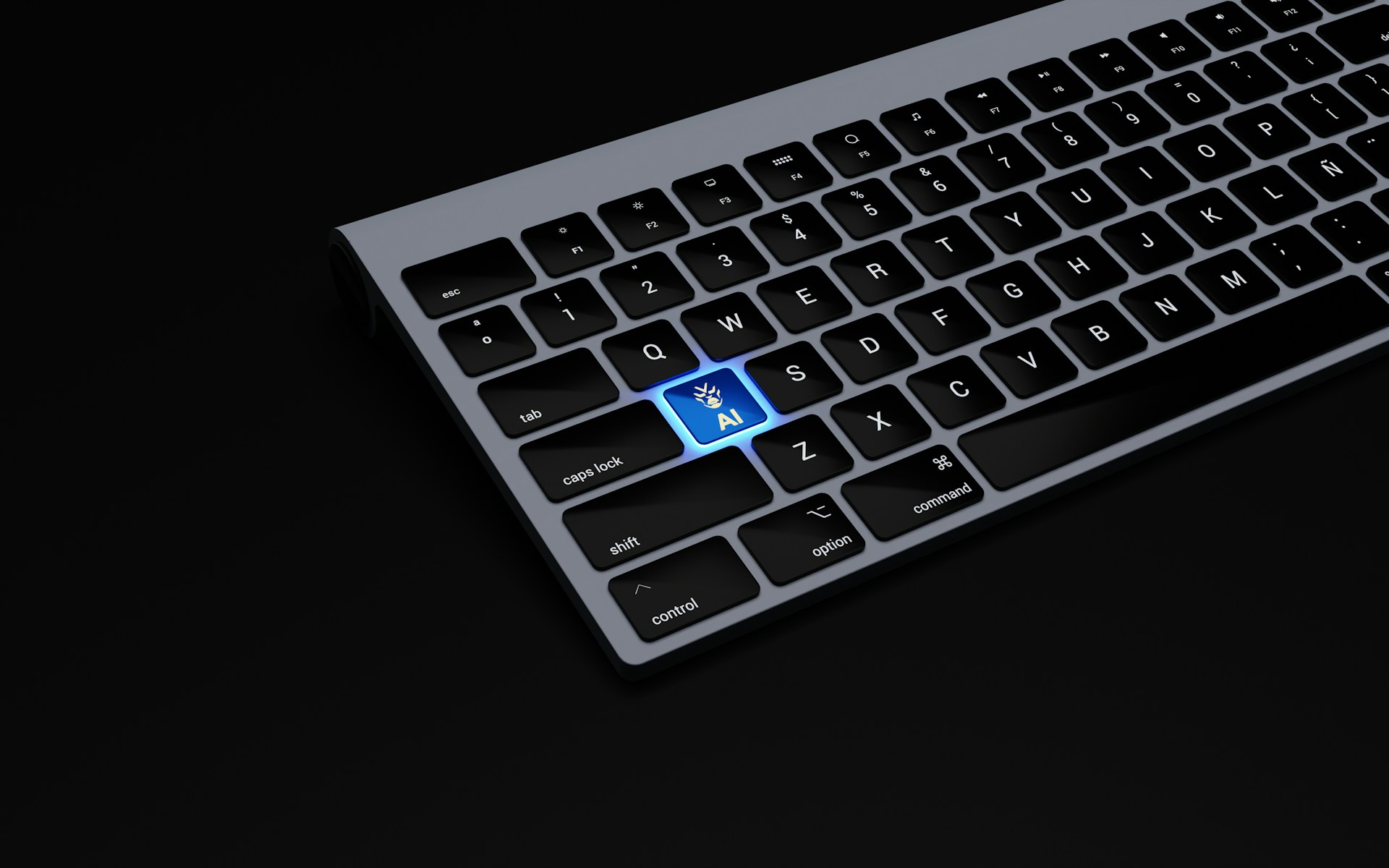Purple Haze: Hendrix Family Faces Spoliation Sanctions



Since Jimi Hendrix, arguably the greatest guitarist of all time, passed away in 1970, his family and heirs have been embroiled in near-continuous litigation over copyright infringement. Now, it’s escalated to eDiscovery evasion—oh, and a Hendrix-branded weed line.
Earlier this month, in Experience Hendrix, LLC et al. v. Pitsicalis et al. (S.D.N.Y., 11/27/18), U.S. District Judge Paul A. Engelmayer slapped Hendrix’s brother and his business partner, Andrew Pitsicalis, with an adverse inference instruction, imposing sanctions for a range of misconduct, including destroying ESI, hiding computers, and otherwise skirting their eDiscovery obligations.
Case Background: Die Young and Leave a Beautiful Document Corpus
Hendrix’s father, Al Hendrix, won a prolonged legal battle for Hendrix’s estate in the 1970s. Upon Al’s death in 2002, he passed control to Jimi’s adopted sister, Janie Hendrix, and cousin, Robert Hendrix, explicitly excluding Jimi’s brother, Leon Hendrix—but that hasn’t stopped Leon from attempting to profit from the rock legend’s brand.
Most recently, Leon and his business partner, Andrew Pitsicalis, have tapped into the rapidly growing marijuana market, and this particular lawsuit concerns their use of Jimi’s image to sell THC-tinged edibles, marijuana cigarettes, and other counterculture accoutrements. Their company: Purple Haze Properties (PHP). Purple haze indeed.
The use of Jimi Hendrix’s name and image on a specialized strain of edibles quickly drew a legal response. The Hendrix estate, led by Jane Hendrix, Jimi and Leon’s sister, accused PHP of a host of trademark and copyright violations.
And as the dispute moved into discovery, plaintiffs were left asking “Hey Joe, where you going with that smoking gun in your hand?”
That is to say, the liberal exchange of information that our discovery process is based on didn’t involve so much liberal exchange this time around. As Judge Engelmayer notes, the court was called on to intervene “dismayingly often” in response to “evidence of the PHP defendants’ persistent non-compliance with basic discovery obligations.” Three court orders were necessary, for example, to compel the defendants to meet basic requirements such as producing financial records, conducting diligent searches for documents, and submit supplemental declarations detailing their efforts.
Eventually, the Hendrix estate moved for sanctions, claiming “none were level on the mind, nobody up at his word, hey hey”—or, in legalese, that PHP had failed to produce documents, delayed production, and spoilated evidence. The defendants’ behavior, the Hendrix estate argued, merited terminating sanctions or, at the least, a preliminary injunction and adverse inference instructions.
Are You Experienced (in Spoliation)?
The discovery misconduct in this case is extensive; it’s not an “oops, I spilled coffee bong water on my computer” kind of situation.
According to the court, Leon and Pitsicalis failed to produce forensic images as ordered, knowingly used anti-forensic software to obscure deleted files, deleted relevant text messages from personal devices, and even tried to hide an entire desktop computer. (Yes, that’s right. “Get rid of this laptop,” the joker did indeed say to the thief—or at least we can speculate as much.)
The evasion began in the very early stages of the lawsuit. The defendants refused to comply with elementary deposition requests and failed to produce financial records for their joint corporation, Purple Haze Properties. When the court ordered a meet and confer, the parties agreed on search terms to use in eDiscovery, but they could not agree on whether or not to include cell phones and tablets as discoverable devices. At this point, Pitsicalis stated that he owned only one laptop and one iPad. This will be important later on.
To resolve the dispute, the court ordered the defendants to produce forensic images of “every computing device physically located in the office of—or otherwise associated with the business of the PHP parties,” including laptops, cell phones, and tablets. Unsurprisingly, the defendants missed the production deadline, claiming that they could not find a qualified technician, and when they finally coughed it up, their production was non-compliant.
While all of this was going on, the plaintiffs also discovered that several defendants were using anti-forensic software, such as CleanMyMac, to delete data on relevant computers. Further investigation revealed that Pitsicalis had used CleanMyMac to erase files after the lawsuit had been filed. In testimony before the court, Pitsicalis admitted to using the program and stated that he may have deleted some documents related to Jimi Hendrix.
To make matters worse, the court established that Pitsicalis’ iMac computer, which was present in his office after the lawsuit began, had never been declared as a relevant device. (The key was a Facebook photo showing Pitsicalis with the computer.) The contents of this desktop were never reviewed or produced, in clear violation of forensic image order, and the plaintiffs’ eDiscovery expert also found evidence of more than 500 deleted text messages on Pitsicalis’ personal phone, including nine texts that include the term “Jimi.”
The Judge’s Ruling: Sanctions in Electric Ladyland
In evaluating the defendants’ conduct, Judge Engelmayer consulted two bedrock legal principles: Rule 37’s duty to preserve and Rule 39’s spoliation sanctions.
According to Kronisch v. United States (2d Cir. 1998), “a party has an obligation to preserve evidence when it has notice that the evidence is relevant to litigation…[or] should have known that the evidence may be relevant to future litigation.” Because all defendants were notified of their duty to preserve potentially relevant evidence, via both formal legal hold letter and an explicit court order, Judge Engelmayer concludes that the preservation standard is “easily met” here. The defendants “cannot plausibly claim lack of awareness of their duty to locate and produce relevant files in their possession or control,” and they repeatedly breached this duty by using cleaning software, failing to disclose potentially relevant devices, and deleting responsive data.
Additionally, Judge Engelmayer finds that much of the spoliation was intentional. “By his admission,” he writes, Pitsicalis “personally and deliberately deleted, among other messages, a series of texts concerning the marketing of ‘Jimi’-related products, the very subject of this lawsuit,” and the conspicuous location of the missing iMac (in Pitsicalis’s office) suggests that it likely contained responsive information.
Have You Ever Been Sanctioned? Well I Have.
The cost for this misconduct? Not the case-terminating sanctions that the plaintiffs would have wanted, but significant ones nonetheless: specifically, a permissive adverse inference instruction due to PHP’s failure to preserve and produce materials and fees for the plaintiff’s sanctions motion.
As Judge Engelmayer explains: “The court has carefully considered whether lesser sanctions are adequate to cure the harm caused by the disposition of these materials,” but due to the sheer number of discovery abuses in this case, and the distribution of those acts across a prolonged period of time, “it is the court’s firm conclusion that no lesser sanction than the combination of an adverse inference instruction and an order directing the prompt recompense of plaintiffs for costs [would] adequately remedy the plaintiffs’ injury.”
But let’s cut to the chase. For those of you who are worried about what this means for your Jimi-themed THC gummies, the jury is still out. With no case-dispositive sanctions, the fight over Jimi doobies will go on.
Learning With Logikcull
Browse our latest resources for innovative legal teams like yours
Stay in the know
Get the latest news, expert guidance, and interviews delivered straight to your inbox so you're always one step ahead.

Get the latest updates

Want to see it work?
Request a demo today.
Managing FOIA requests with limited staff, strict deadlines, and pressure to protect sensitive data?
Logikcull is built for this.



